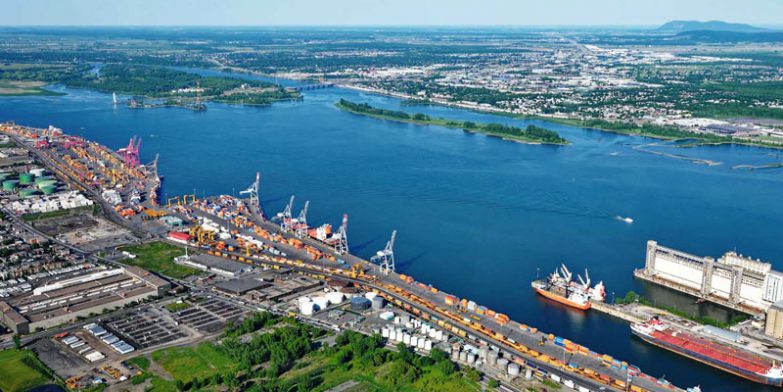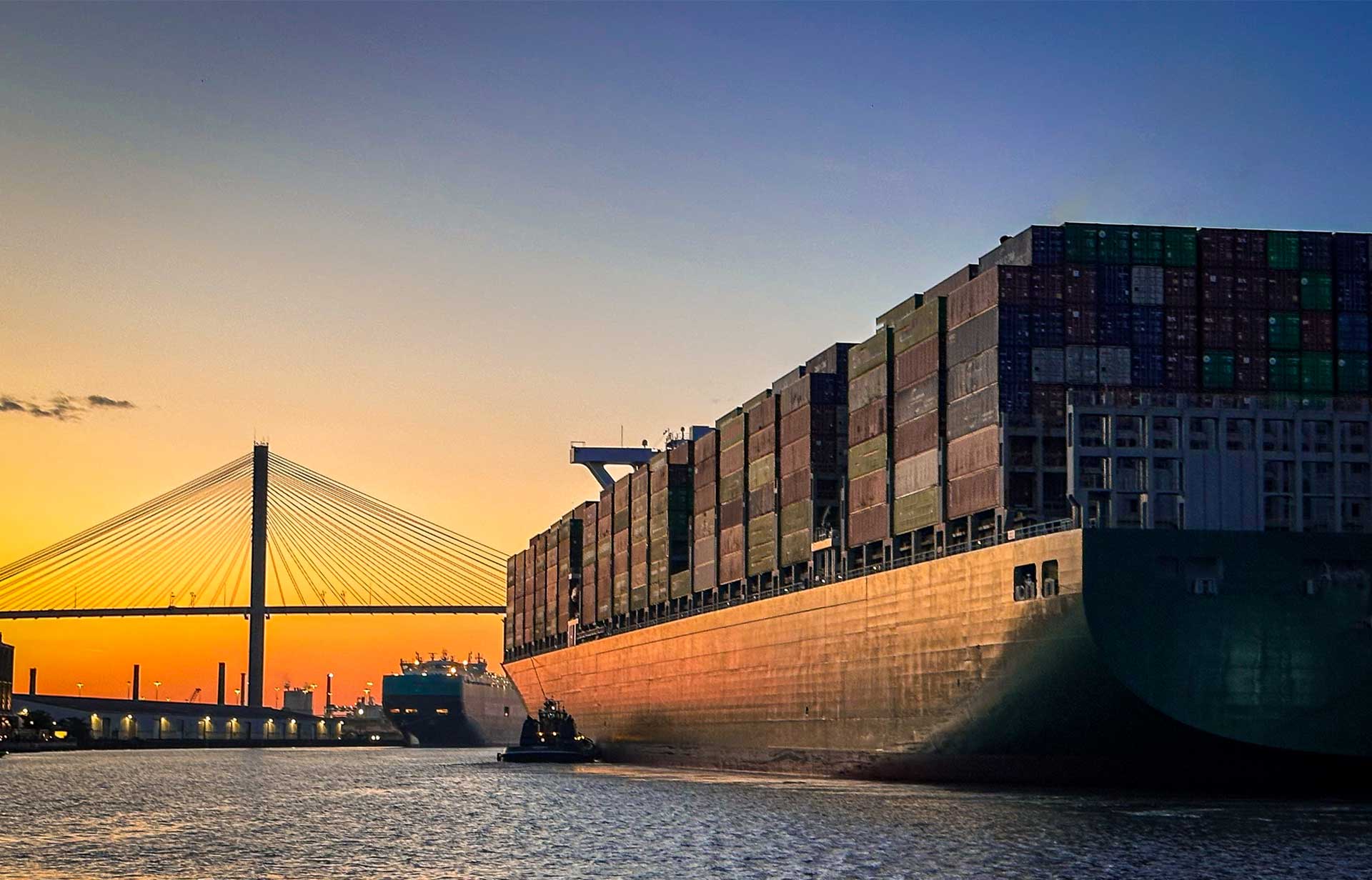
Ongoing labour disputes at US East Coast ports and Canada’s Port of Montreal are putting North American supply chains at risk of further disruption.
While a temporary agreement on the US East Coast has brought short-term relief, the potential for renewed strikes and delays remains high as negotiations continue on key unresolved issues.
The recent agreement between the International Longshoremen’s Association (ILA) and the United States Maritime Alliance (USMX) provides only a three-month reprieve, with the current contract extension set to expire on 15 January 2025. A significant wage increase of over 60% was secured, but the contentious issue of automation remains unresolved, which could reignite tensions and lead to further strikes. The timing of the contract’s expiration is especially concerning as it coincides with the Chinese New Year, a peak period for shipping demand, potentially causing significant delays and capacity shortages.
The earlier three-day strike at US East Coast ports resulted in a backlog of over 60 ships. While ports have worked hard to clear this congestion, aided by spare capacity from front-loaded shipments and cargo diversions, the backlog could still cause delays, especially as the holiday season approaches. Many ports have extended their operating hours to process delayed vessels and prevent the backlog from spilling into the busy end-of-year period.
At the same time, the Port of Montreal is grappling with an indefinite overtime strike, which began on 10 October. This strike follows previous industrial actions that halted operations at two terminals and has added pressure to an already stretched supply chain. The longshoremen’s union is pushing for progress in slow-moving negotiations that have dragged on for more than a year. The escalating dispute threatens further disruptions at Canada’s second-largest port, with knock-on effects on transatlantic trade and wider supply chain delays.
In response to these ongoing labour issues, some carriers have suspended their Emergency Operations Surcharges on the US East Coast, while others, including Maersk, CMA CGM, and MSC, have announced increases to their peak season surcharges. These hikes, which could rise by as much as 15% on cargo routes from Europe, the Mediterranean, and other regions to North America, are adding further cost pressure to already strained supply chains.
Many carriers are rerouting shipments to alternative ports to mitigate delays, but flexibility will be crucial as labour tensions continue. The ILA’s extension of negotiations into January, just ahead of the Chinese New Year, suggests that further congestion and delays could be on the horizon.
Labour disputes on the US East Coast and at the Port of Montreal continue to threaten supply chains, with the potential for renewed strikes and delays in the coming months. While a temporary agreement on the US East Coast has provided short-term relief, key issues such as automation remain unresolved, and the contract is set to expire just before the busy Chinese New Year period. At Montreal, an ongoing overtime strike is adding further strain to transatlantic trade. Carriers are adjusting to these disruptions with rerouted shipments and increased surcharges, but continued flexibility will be essential as the situation unfolds.
Key points:
- Temporary agreement on US East Coast brings relief but risks remain as automation issues are unresolved.
- Contract expiration in January 2025 coincides with Chinese New Year, a peak shipping period, potentially leading to major delays.
- Port of Montreal faces ongoing overtime strikes, adding pressure to supply chains and transatlantic trade.
- Some carriers have suspended emergency surcharges, while others are increasing peak season surcharges by up to 15%.
- Carriers are rerouting shipments to avoid delays, but further disruptions may be ahead as labour tensions persist.
In this volatile environment, adaptable logistics strategies are essential. At Global Forwarding, we work closely with our shippers to develop contingency plans that avoid the ports most affected by strikes, with alternative routes and entry points to ensure smooth supply chain operations.
For more information on how we can protect your supply chain from potential disruptions, EMAIL Andy Costara.





